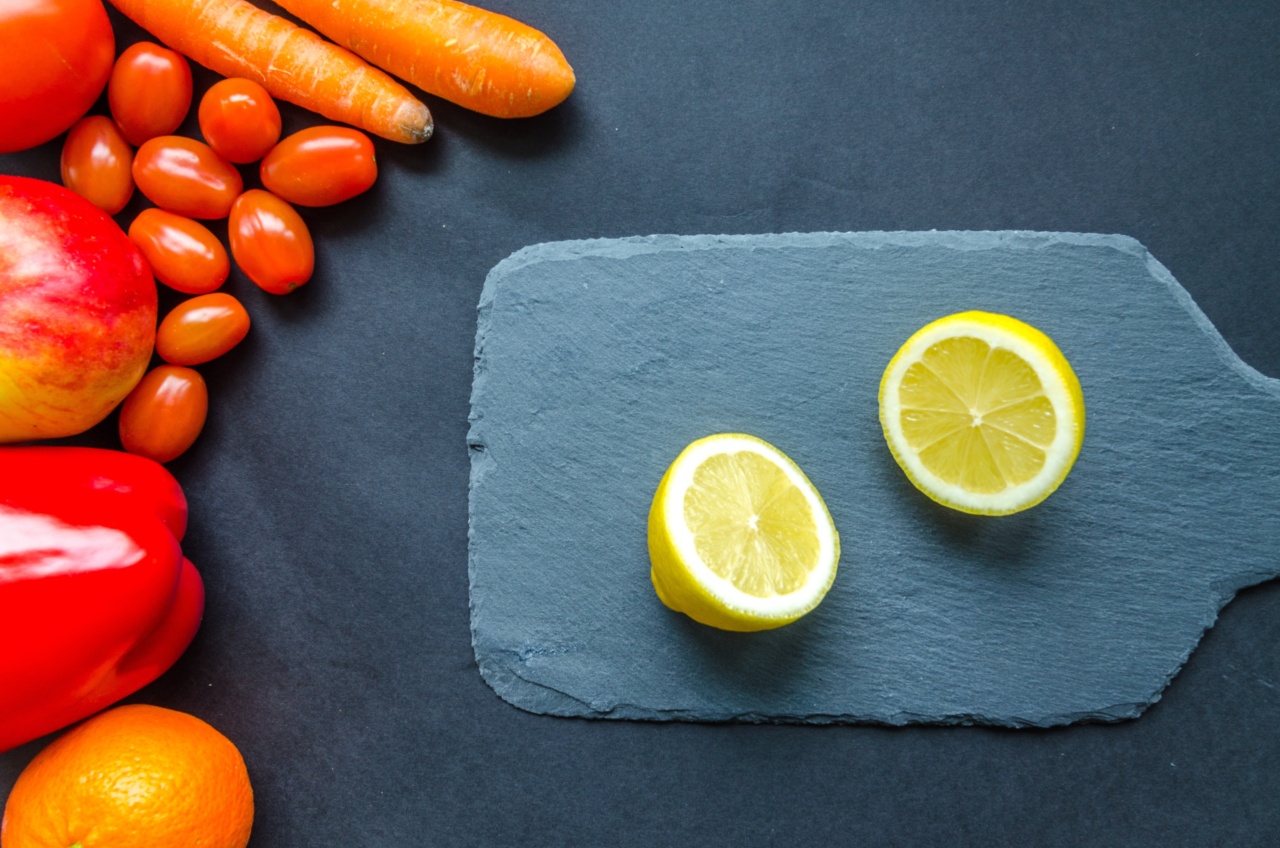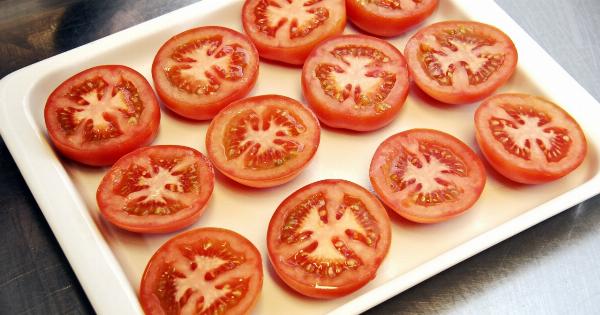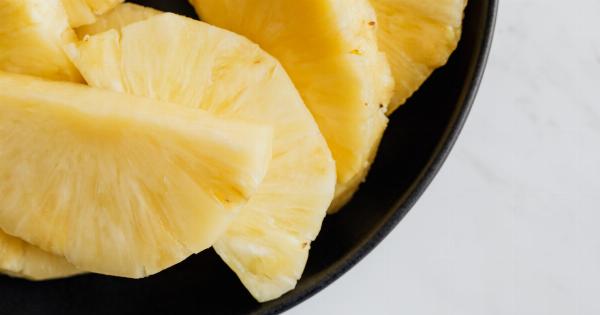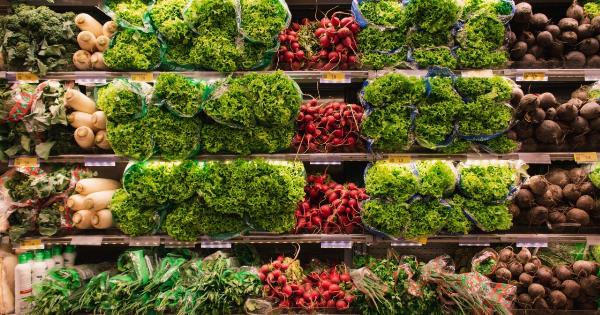Vitamin C, also known as ascorbic acid, is a crucial nutrient that plays a vital role in maintaining a healthy immune system. It acts as an antioxidant, protecting cells from damage caused by free radicals.
While oranges are often touted as the go-to source for this essential vitamin, there are plenty of other fruits and vegetables that contain high levels of Vitamin C. In fact, there are several options that surpass the Vitamin C content found in oranges. Let’s explore these 9 incredible fruits and vegetables that can give oranges a run for their money.
1. Guava
Guava is a tropical fruit that is packed with Vitamin C. One cup of guava provides more than 200 milligrams of this immune-boosting vitamin. That is more than double the amount found in a medium-sized orange.
Guava also contains high amounts of dietary fiber and other essential nutrients, making it a fantastic choice to add to your diet.
2. Kiwi
Kiwis are small fruits that pack a powerful punch when it comes to Vitamin C. Just one medium-sized kiwi contains around 70 milligrams of this nutrient.
Kiwis also offer other health benefits, such as being a great source of dietary fiber, potassium, and vitamins K and E.
3. Strawberries
Strawberries are not only delicious but are also an excellent source of Vitamin C. Half a cup of strawberries contains approximately 50 milligrams of this vitamin.
They are also low in calories and high in antioxidants, making them a healthy addition to any diet.
4. Pineapple
Pineapple is a tropical fruit that is both juicy and refreshing. It is also rich in Vitamin C, providing around 80 milligrams per cup. Pineapple is also a good source of bromelain, an enzyme that aids in digestion and has anti-inflammatory properties.
Incorporating pineapple into your diet can provide numerous health benefits.
5. Papaya
Papaya is a tropical fruit that is not only delicious but also packed with nutrients. One medium-sized papaya contains approximately 95 milligrams of Vitamin C.
Additionally, papaya contains a unique enzyme called papain, which aids in digestion and can have anti-inflammatory effects.
6. Bell Peppers
Not all fruits and vegetables need to be sweet to be rich in Vitamin C. Bell peppers are a fantastic source of this vitamin, especially the red variety.
One medium-sized red bell pepper contains around 150 milligrams of Vitamin C, surpassing the Vitamin C content found in oranges. Additionally, bell peppers are packed with other essential nutrients and antioxidants.
7. Broccoli
Broccoli has gained recognition as one of the healthiest vegetables, and for a good reason. It is packed with essential nutrients, including Vitamin C. One medium-sized stalk of broccoli contains approximately 90 milligrams of Vitamin C.
Broccoli is also high in fiber and contains a compound called sulforaphane, which has been linked to various health benefits.
8. Kiwifruit
Kiwifruit, also known as Chinese gooseberry, is a small fruit that is loaded with Vitamin C. One medium-sized kiwifruit provides about 64 milligrams of this vitamin.
Kiwifruits are also rich in dietary fiber, vitamins E and K, and minerals like potassium and folate.
9. Brussels Sprouts
Brussels sprouts may not be everyone’s favorite vegetable, but they certainly pack a nutritional punch. They are a great source of Vitamin C, with just one cup containing around 75 milligrams.
Brussels sprouts are also an excellent source of fiber, folate, and Vitamin K.
Conclusion
While oranges are commonly associated with being high in Vitamin C, there are several other fruits and vegetables that can give them a serious run for their money.
Guava, kiwi, strawberries, pineapple, papaya, bell peppers, broccoli, kiwifruit, and Brussels sprouts are all excellent choices for boosting your Vitamin C intake. Incorporating these nutrient-packed options into your diet can support a healthy immune system and provide a wide range of other health benefits. So, the next time you think of Vitamin C, remember that oranges are not the only game in town.





























